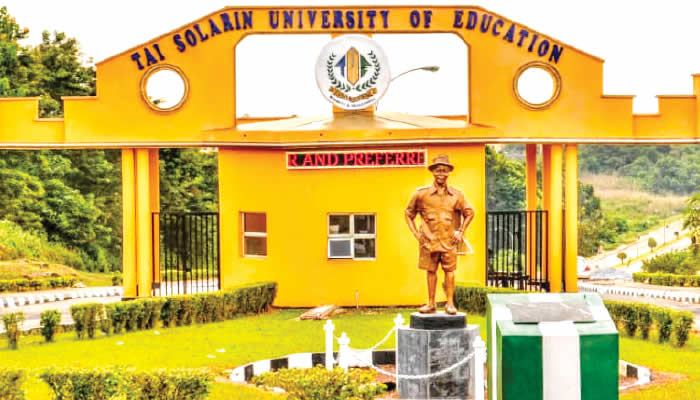
The task was conveyed in a communique issued at the end of a five-day training for administrative officers from both the private and public sectors held at the Tai Solarin University of Education, Ijagun, Ogun State.
The university’s Registrar, Mr Dapo Oke, signed the communique made available to our correspondent on Tuesday.
The communique revealed that the five-day conference afforded seasoned administrators, captains of industries, and top civil servants to dissect the theme of the conference “Modern Administrative Trends for Efficient Service Delivery in the 21st Century Organisations in Nigeria”.
The communique revealed further that after a deep X-ray of all the topics which centered on efficient service delivery, and technological and innovation-driven administration of the 21st century organisations, the participants came up with the following resolutions.
“Organisations should have diversity in administration through the use of digitalisation, automation, innovation and technology to avoid wastage in administrative expenses. Data and employee empowerment and training should be seen as germane in any organidation for improved efficiency and productivity.
“That management should appreciate staff, compensate them for hard work and encourage them for effective and efficient production while the university must hold security architecture in high esteem and improve on the pattern of funding.l,” the communique read.
The conference also urged women not to consider marriage and motherhood more important than advancement in their careers while professional administrators were also implored to have ethical standards and attitude, teamwork behaviour, communication skills, integrity, and accountability, and should be able to guarantee the safety of information at their disposal except in cases of breach of security and life-saving situations.
To be more result-oriented and effective, the conference charged the professional administrators to draw up plans, design appropriate guidelines, set implementation strategies and standards of action and should be able to use the established rules and regulations, guidelines and procedures and maintain the sense of control over the workload.









